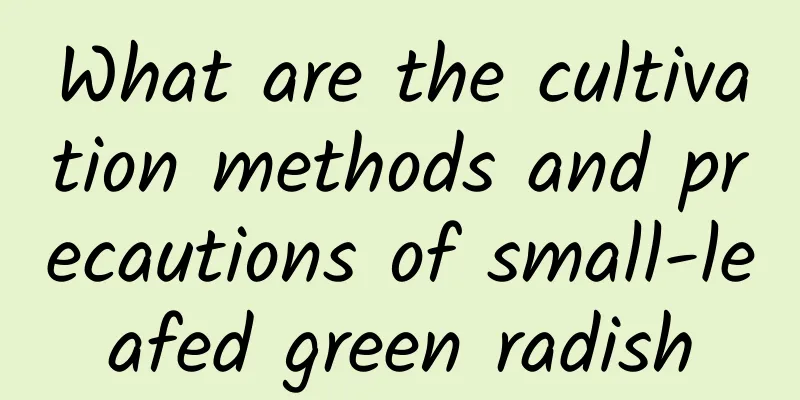What causes cactus to turn yellow?

reasonOverwateringThe potting soil has been in an overly wet state for a long time, with extreme lack of oxygen, and the cactus gradually rots, which hinders the normal absorption of nutrients and water. As a result, the leaves turn yellow and fall off. At this time, you should stop watering and suspend applying fertilizer to keep the soil ventilated. Drought and dehydrationIt is just the opposite of the above. This is because the watering of flowers is wet on the top and dry on the bottom, which affects the absorption of water by the cactus, causing the leaves to become dark yellow and dull, and gradually turn yellow and fall off from the bottom to the top. At this time, stop watering or spraying, and maintain a suitable temperature to allow it to recover gradually. Long-term weight lossIf the soil has not been changed for a long time, you should turn the pot over in time and gradually add compound flower fertilizer. OverfertilizationDue to excessive fertilization, the old leaves gradually fall off. At this time, you should stop fertilizing, add an appropriate amount of water, immediately turn the pot over, and rinse the soil with water. High temperature and heatThe cactus needs to be moved to a cool and ventilated place in time. Over-shadingDue to insufficient sunlight absorption caused by long-term placement in the shade, it needs to be moved to a ventilated sunny place in time. Alkaline soil and waterIn the northern regions where the soil and water are alkaline, there is a lack of soluble iron, so the needles will gradually turn yellow. Apply alum fertilizer water in time. AirtightAppropriate pruning should be carried out to allow light to pass through. Due to the lush branches and leaves, it is easy for leaves to fall off, so pay attention to ventilation and light transmission. Air DryingIf the air is too dry, you should spray water to increase the air humidity appropriately. Improper temperatureAs the seasons change, the room temperature will also change accordingly. Pay attention to adjust the room temperature in time. Soil acidicThe loss of chemical elements in the soil causes the soil to become acidic, and alkaline solutions such as calcium, magnesium and phosphorus need to be applied. Pests and diseasesSince leaf spot disease can easily be caused by pathogens, which causes branches and leaves to turn yellow, spray pesticides in time for prevention and control. Strong sexual stimulationExcessive concentration of pesticide spraying will cause pollution from toxic gases and lead to overall death. Pesticides should be used reasonably to prevent air pollution, make correct judgments and prescribe the right medicine. Well, thanks to the editor’s efforts, this article is finally completed. I wonder if flower lovers have a deep understanding of it. Let us try to grow cactus together! |
<<: What to do if mint leaves turn yellow
>>: How to prevent and treat yellowing of chrysanthemum leaves
Recommend
How to prune the thousand-year-old tree
The significance of pruning People plant the genu...
Where and under what conditions do poplar trees grow?
The bark of Populus euphratica is light gray-brow...
Four auspicious trees in China
1. Magnolia Tree The magnolia tree is an auspicio...
Cultivation methods and precautions of acacia flowers
1. Maintenance methods 1. Substrate selection: Wh...
What to do if you water your cyclamen too much
Overwatering Cyclamen Harms of excessive watering...
How to grow hemlock
1. Soil Hemlock grows best in deep, fertile, well...
Common diseases and pests of African jasmine and their control methods
Diseases of African jasmine anthrax Anthracnose m...
When is the best time to sow red cabbage?
Suitable time for sowing red cabbage Red cabbage ...
How to plant betel nut trees
1. Site selection Areca palm trees do not have hi...
Which month is the best for transplanting Michelia?
Many friends only know some common flowers and pl...
What soil is suitable for growing carnations?
Carnation soil Carnations like alkaline soil, the...
How to grow American ginseng
1. Maintenance methods 1. Temperature: During the...
White Anthurium Flower Language and Symbolism
Flower language of white anthurium The flower lan...
How to water and fertilize cactus
How to water a cactus Watering time The time to w...
Leek cultivation technology and key points
Leeks are a common vegetable that can be grown al...









